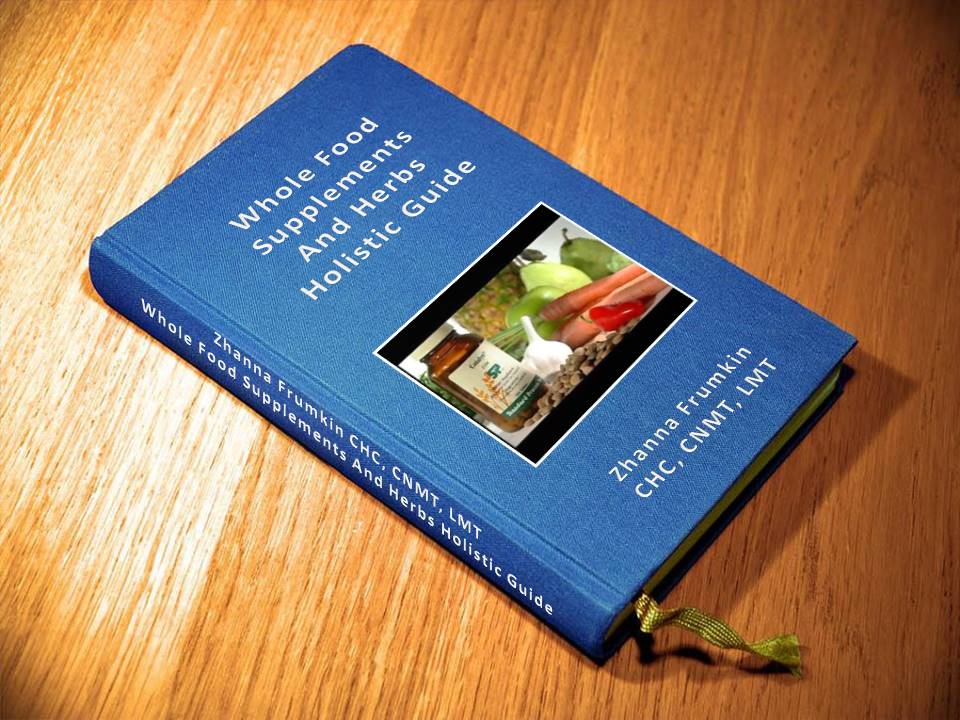Why Ordinary Nutrition Isn’t Enough

|
Plato |
Americans appear to be so overfed, but undernourished, it seems impossible that we aren’t getting enough nutrients. How it can be? But study after study has shown that most of us don’t get adequate amounts of key vitamins and minerals. How can it be true that ordinary nutrition is not enough?
Vitamins, minerals, proteins, carbohydrates and yes, fats, are critical to a healthy body. Every day your body makes about 2 billion new cells. They need certain raw food to do that. Our body uses whole foods to repair, build, and promote many biological functions that are vital to health. If those foods are missing, how is the body can make strong, healthy, functional cells? Every organ and tissue in your body has to be rebuilt continually. Without raw materials, slowly over time, our bodies start to break down. The word "degeneration" means that you are breaking down faster than you are rebuilding. We also call this "disease". One of the consequences is the increase in chronic diseases.

But missing of real food is been happening for a long time now. It started during the first third of the last century when we "refined" flour and sugar to make an inhospitable environment for bugs and to reduce rancidity. The bugs knew there weren’t enough nutrients left in those processed foods to keep them alive, so they avoided them. Too bad we're not as smart as bugs!
We started adjusting our taste buds to foods which were over-cooked, fried, boxed, canned, dehydrated, pulverized, homogenized, pasteurized - commercialized. I am amazed at the number of people who rarely eat real food anymore!
Surprisingly, some big names started out as nutritionists concerned about the degradation of our food quality. Graham crackers were originally formulated to return the parts of the wheat that were removed from processed flour - to put back what we were taking out! The original crackers were rough, and tasteless but nutritionally dense! Kellogg's Corn Flakes were actually preceded by Kellogg's Wheat Flakes. They were originally used in a sanatorium (hospital) to remedy digestive disorders by replenishing the fibers and other nutrients lost in the processing of flour. He had amazing success. But as many stories end sadly, so do these. As the wheels of industry take over and the same old issues of shelf-life resurface, those wholesome products are no longer found and the healing intent and the dream of those men was buried with it.

A hundred years ago, an English doctor discovered that as we processed foods, we became sick. His first discovery was that when we ate polished rice it created a deficiency in the B-Vitamins found in the husk of the rice. It was then called Beriberi. The following year a polish scientist named the special nutritional parts of food a "vitamin" after "vita" meaning life and "amine" from organic compounds found in foods. His hypothesis was that vitamin deficiencies were the primary cause of illness. Later, other nutritional pioneers such as dentist-nutritionist Dr. Royal Lee, nutritional researchers Dr. Weston Price, Fred Hale, Francis Pottenger and many others intensively studied the correlation between the foods we eat and our health.
Dr. Price studied primitive cultures back in the 1930's and documented the direct correlation between the influx of "foods of commerce" (processed sugars and flour), and the dental disease experienced by the various tribes he studied. Dr. Pottenger studied cats and how processed "cat food" affected their health (and when you think of it, have you noticed how our domesticated animals are getting human diseases now?). These doctors saw the potentially devastating effects of processing foods and removing the vital nutrients so necessary to run a human body. They saw a downhill trend in health (little did they know how bad it would get), they started compiling plants and foods that were rich in the nutrients that were being stripped from the food supply. Compressing them into tablets, the first "vitamin supplement" was born. At that time, most of the vitamins we recognize today were not even discovered yet.

In the 1930's a dentist Dr. Royal Lee was particularly concerned about the failing health of humanity that he attributed to the ingestion of "foods of commerce". These highly processed, refined foods which were quickly supplanting fresh, whole grains, fruits, vegetables and meats, were associated with a myriad of health conditions.
He felt that if he could take a concentrate of nutrients and tablet it, people would flock to it. During that era we were ignorant about the impact of nutrition on health and the public reveled in the new "convenience foods", disregarding the possible health detriments. Dr. Royal Lee developed several products, including his favorite multiple vitamins Catalyn. During this time period, vitamins were being "discovered" continually. Each time a new vitamin was discovered Dr. Lee would look to Catalyn, his whole food multiple vitamins, do a chemical assay on it and find the vitamin was already in it!
A vitamin supplement was designed to supplement the nutrients we are not getting due to the manufacturing process. They are not meant to force the body to do something. But unfortunately they are being used today like pharmacological agents to force an effect. That's not what supplementing is supposed to do. The original vitamins - supplements had merit. So, if the purpose of a vitamin supplement is to supplement the missing nutrients required to build a healthy body, what should the supplements contain? I can answer that in one word.
Supplements are for nutritional healing. They are intended to restore the lost nutrients removed from our foods. If used correctly, they are supposed to heal the body. They are to provide the raw materials needed by the body to build, repair and function.
The body has an innate intelligence. It knows what it needs to do. We don't have to direct it to heal a cut, make the heart beat or perform the hundreds of biological functions necessary to survive. Give the body the nutrition, and it will do what it knows to do.

I would like to first emphasize that nothing can replace the nutritional value of real wholesome food, such as vitamins, minerals, phytonutrients, essential amino acids, fatty acids and enzymes. You always want to remember "real food is the best food." If we don't, we should supplement our diets with concentrated food - whole food supplements.
This small step translates into a huge leap for our bodies, which after all are miraculously good at healing injury and preventing illness if they are given adequate support. At my practice and on a personal level, I see on a regular basis the dramatic positive effect taking a good multivitamin has had on my patients, my family, and my friends.
So why are so many people still unaware of the importance of taking vitamins? Which vitamins do you need and what are the best multivitamins to take? Why are drug companies and doctors often opposed to nutritional supplements? Why is there continued debate over vitamin safety and dosages? Well-meaning doctors will give you synthetic supplements. The problem is they just don't have the time to learn the difference between synthetic and whole food supplements. They depend on the same propaganda as consumers do.
The supplement business today lost credibility. The objective of the supplement company is money. If reducing supplement quality equates, for instance, to increased shelf life, which equates to a greater profit margin, they are willing to sacrifice quality for quantity. The consumer is relegated to making a decision based on whose marketing is more effective, rather than how the product will actually work in their body. After all, supplements are taken to support function, not to support the vitamin industry! Wild and completely false claims, highly processed supplements, and supplements that do not even contain what is listed on the label are now routine. Don't be swayed by marketing propaganda. No supplement company is going to tell you their product is no good. If they did, they would soon be out of business. Their marketing is all geared towards making you believe it is the best product you will ever take! They will go to extreme cost to make you believe that.
Johann von Goethe











